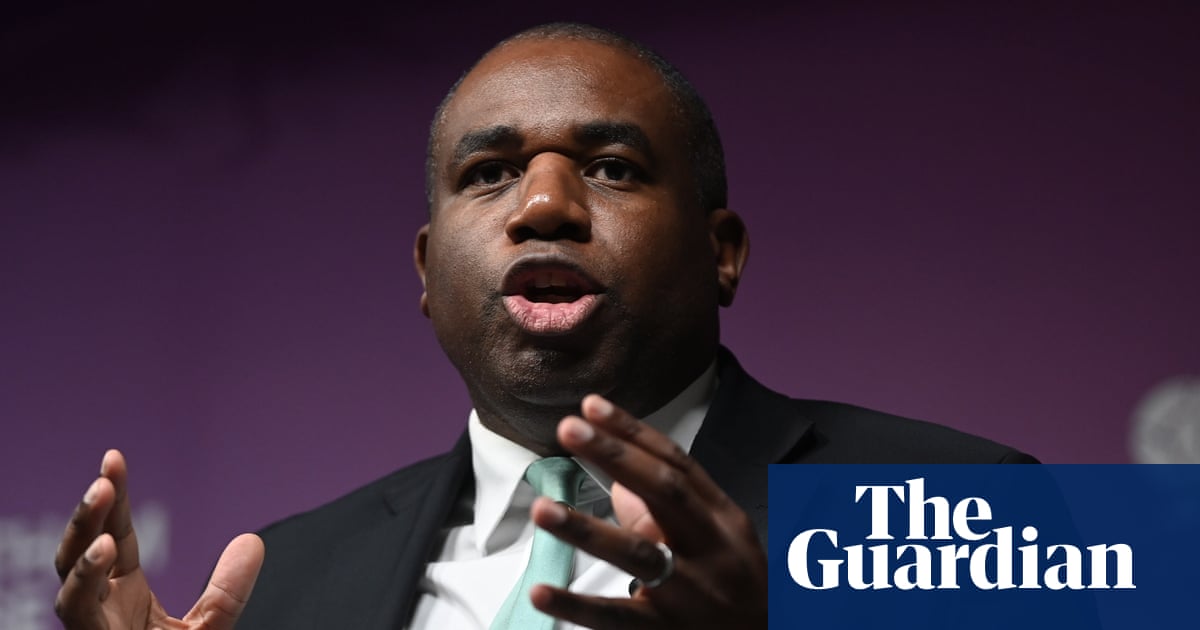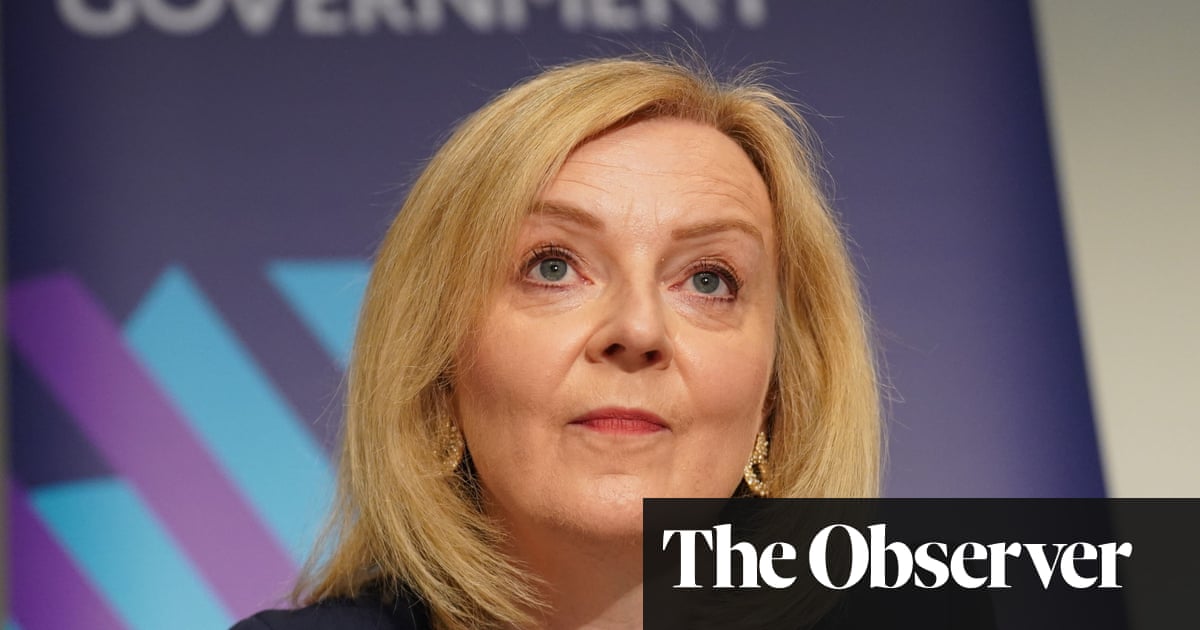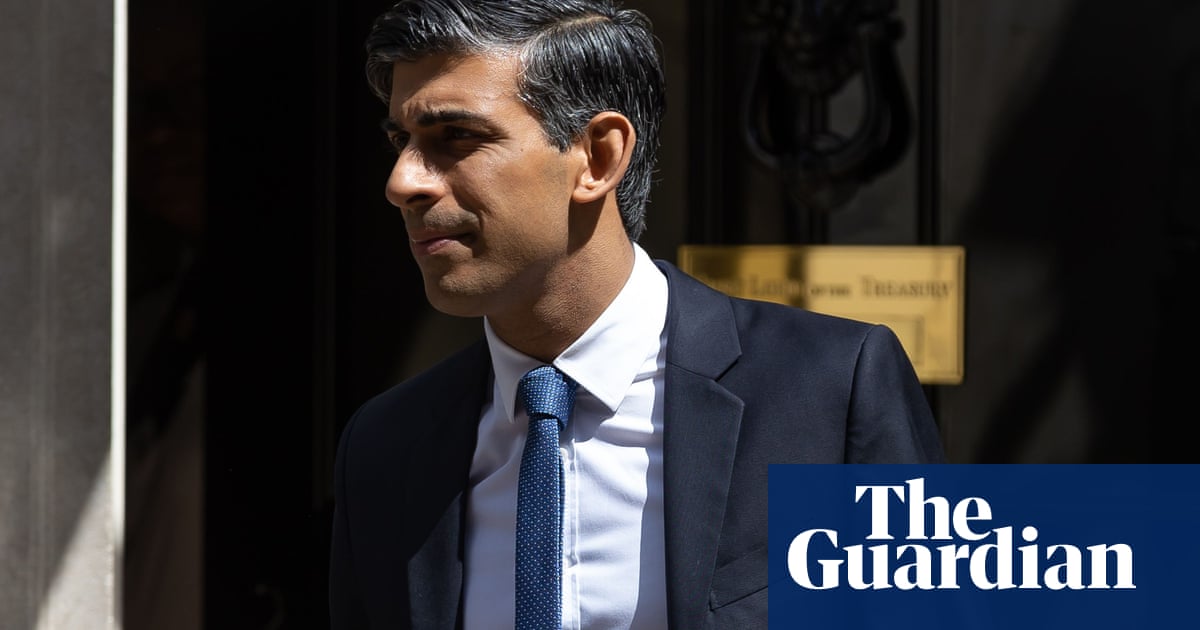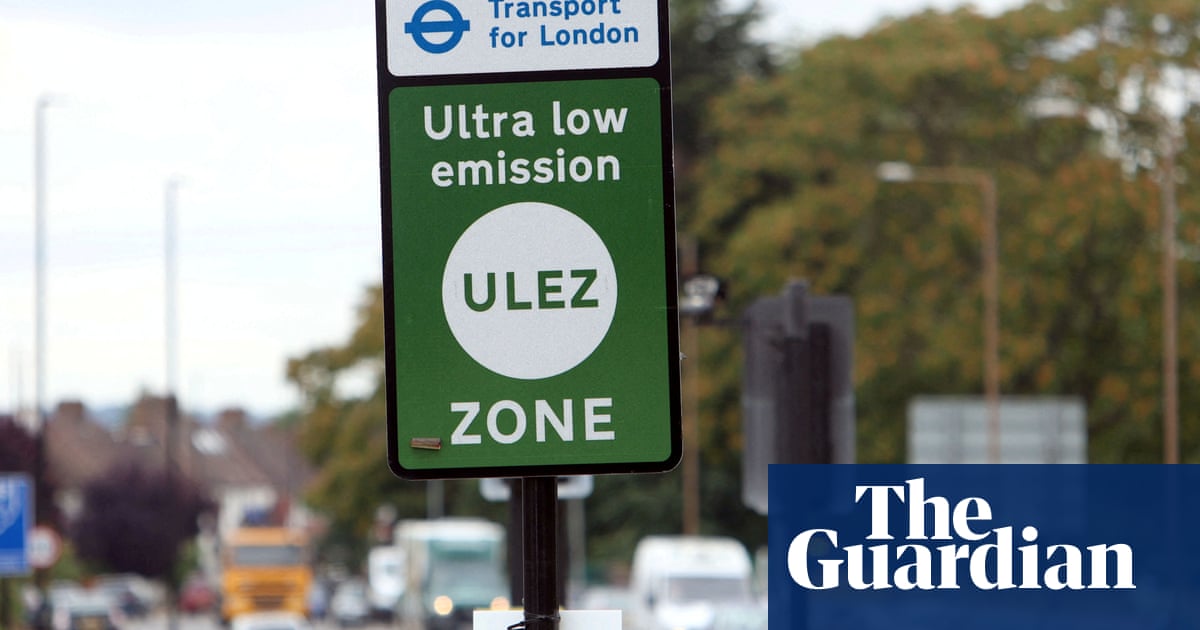
Labour has made a partial break from the government over its Ukraine policy by demanding ministers come up with a plan to freeze Russian assets within 90 days. It is also demanding a deadline is set after which it will be a criminal offence to fail to disclose information about the whereabouts of Russian assets.
Labour, which has been reluctant to make public any differences with the government over the Ukraine war, has decided to put pressure on ministers, believing other countries are ahead of the UK with plans to seize Russian assets.
The UK has been wary of the legality of asset seizure, fearing it would set a dangerous precedent with state assets becoming vulnerable to foreign policy disputes. Countries might respond by taking their assets out of western jurisdictions so accelerating a gradual shift away from the dollar, euro and sterling.
Labour will use an opposition debate on Tuesday to insist a workable plan is drawn up by mid-October. It said the government has been promising such a plan since October last year but had produced nothing tangible.
David Lammy, the shadow foreign secretary, was struck that Ursula von der Leyen, the EU Commission president told a London Ukraine recovery conference last week that the EU would come up with a plan to repurpose €200bn belonging to the central bank of Russia to pay for Ukraine’s reconstruction.
Although she said the EU would devise a plan on seizing as opposed to freezing assets before the summer break, she gave no details and some analysts claim politicians are making rhetorical promises they cannot keep.
Germany has been one of the EU countries most opposed to seizure, saying it would set a dangerous precedent and probably be unlawful. One European Commission paper said the best the bloc could do lawfully was to impose a windfall tax on assets held in the EU by the Russian state or nationals.
The UK government last week developed a holding plan in which it said it would freeze Russian assets held by individuals and those owned by the Russia central bank indefinitely. Potentially the stance could force Russia to pay reparations to Ukraine for the damage caused in the war as a condition for handing back the assets.
In June, Canada amended its Special Economic Measures Act and the Justice for Victims of Corrupt Foreign Officials Act to provide authority for the seizure, forfeiture, disposal and redistribution of assets owned by listed individuals and entities. The measure has not yet been used.
The UK Treasury also said it would produce a plan for making the non-disclosure of sanctioned assets a criminal offence next year. Labour has been backing a measure that would have the same effect as an amendment to the economic crime bill currently in the Lords.
Lammy said: “Sixteen months after Putin’s invasion, Ukraine has been left with mass graves, cities turned to rubble and vital infrastructure destroyed. It is only right that the Russian state is made to pay for the destruction it has created.
“The UK has been united in its support of Ukraine and last week provided leadership by hosting the Ukraine reconstruction conference in London. The next stage of our support must be to put in place the laws needed to seize Russian state assets to pay for Ukraine’s recovery.”












